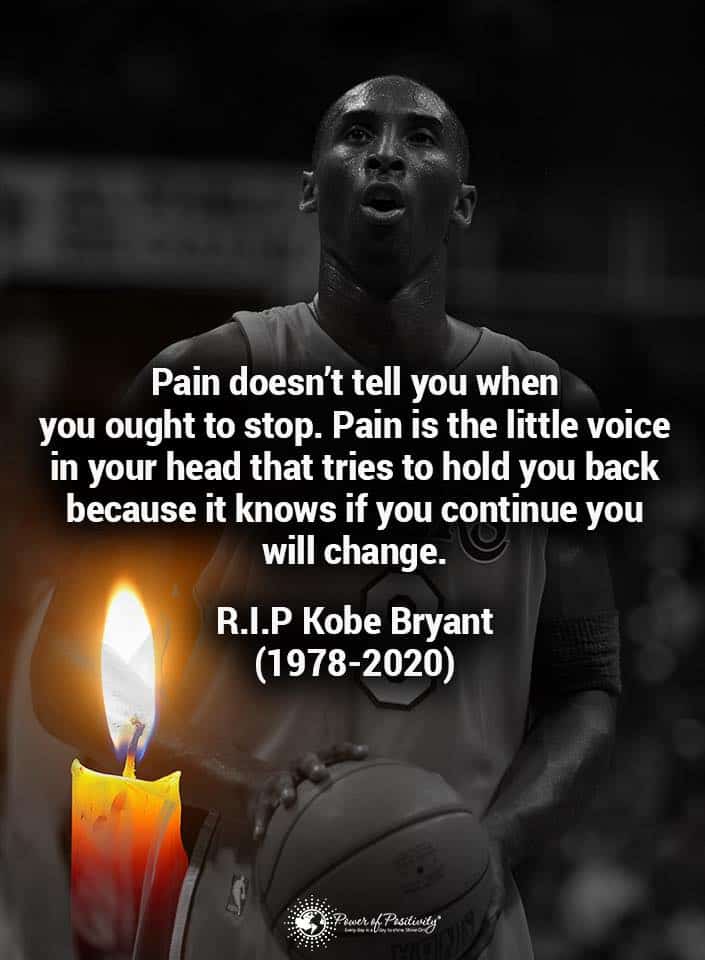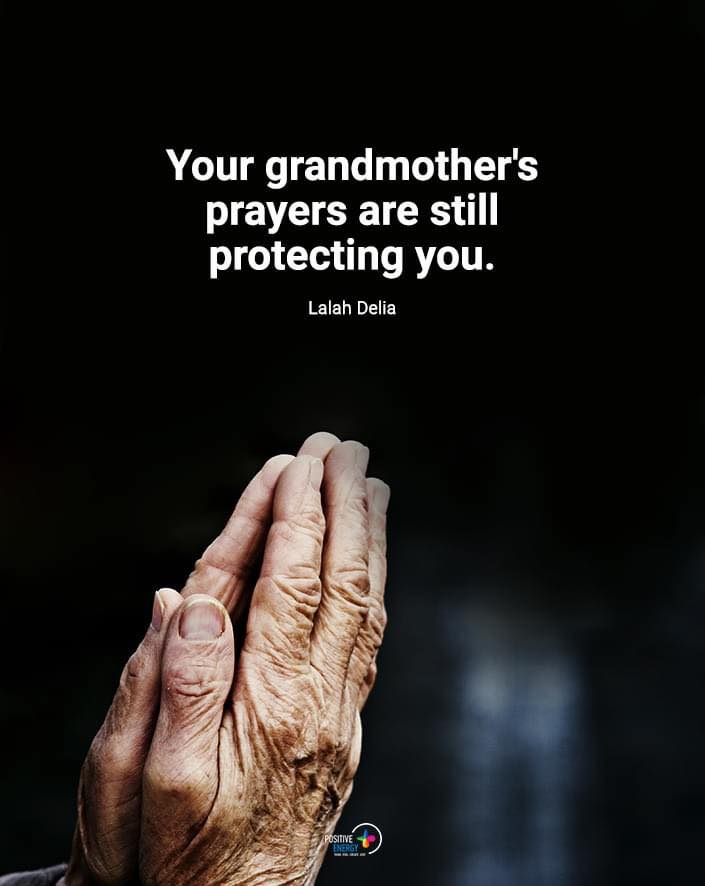You rarely associate sadness with a special occasion to celebrate. But sometimes, life throws you a curveball, bringing unexpected heartbreak. While everyone else happily enjoys the celebrations on special occasions, you may feel disconnected and lost. Life is rarely like the Hallmark movies portray it. There’s death, sickness, and pain. Sadly, if you live long enough, you’ll experience suffering.
While you may feel the raw emotions of loss, others in your family might be ready to move on–and they invite you to celebrate with them. So, if you feel sad because of losing someone or experiencing heartbreak during a special occasion, here are ten ways to get through.
How to celebrate a special occasion, even if you are brokenhearted
If you choose to mark special occasions during your loss, keep these tips in mind.
1. Look to God or your higher power to help you celebrate life
Life can hit you out of nowhere. Many people get help from looking to God during sadness and grief. Bring your heartache to him, asking for strength to get through another day. God wants your honesty, so you tell him how you feel. You may want to pray something like this prayer of St. Augustine of Hippo.
Lord, our God, we are in the shadow of your wings. Protect us and bear us up. You will care for us as if we were little children, even to our old age. When you are our strength, we are strong; but when we are our own strength, we are weak. We now return to you, O Lord, that we may never turn away again. Amen –St. Augustine of Hippo
2. Don’t believe all you tell yourself
It’s easy to fall into negative self-talk. Resist the urge to believe everything you’re saying to yourself. Accept that your sense of what’s true is skewed right now by your heartbreak. Life may look bleak, but instead of seeing everything as hopeless, try to tell yourself it won’t always be this way. Whenever you try to tell yourself something negative, counter it with a tiny positive thing. Even the slightest positive statement can help alter your perspective.
3. Keep a routine
When you’re struggling with grief and sadness, keeping a routine will help you. It allows you to have a predictable pattern of eating, working and sleeping, which can bring a sense of calm. Fight to maintain your routine even if you don’t feel like keeping one. Get out of bed each morning, eat something during the day, do a little work. These small attempts at a routine will help you get through this challenging season.
4. Acknowledge your feelings, even as you celebrate life’s occasions
Losing someone you love is extremely difficult. It’s normal to feel sad. Don’t feel pressured to act happy during special occasions. Your close friends and family who know what is going on won’t expect you to fake happiness. Ask them to pray and support you during the special occasion. It may be good to ask if they wouldn’t mind hanging out with you at the celebration to push away people who don’t understand what you’re going through. They can help you quietly slip out of the get-together if you’re struggling.
5. Avoid social media
You may want to avoid checking your Instagram or TikTok for a while. Social media can be complex when you’re grieving. It’s hard to see all the happy posts of smiling people. As you scroll through, you may be tempted to feel like everybody else’s life is perfect. You may resent their seemingly carefree life. Remember, no one has a perfect life. For your own sake, take a break from your social media sites until you feel better and have a better perspective.
6. Celebrate life’s milestones but also remember your self-care
Be sure to take care of yourself. Try to eat well, get some sleep, and exercise. Even if you don’t feel like doing it, get outside for a walk around your neighborhood. The sunshine will help you feel a bit better. Avoid bad habits that will hurt your health, like smoking or drinking too much alcohol. Getting into these habits will only make things worse for you.
7. Volunteer to help the host or hostess
Studies found that when you help others, it reduces your depression and anxiety. After losing someone, you may want to offer to help at a celebration or a special occasion. Helping could be a way for you to honor your loved one. They would be proud of you for attempting to help even in your grief.
8. Take breaks when needed
Be sure to take breaks when you need them. You may want to try doing something you love, like painting, visiting a museum, or going to sporting events. It’s okay to give yourself some space. Find ways to reduce stress and clear your mind, especially before attending a special occasion.
9. Join a grief group before the special celebration
If you know the special occasion is around the corner, it may be helpful to join a support group before the celebration to prepare yourself for it. Perhaps there’s a wedding coming up that you must attend. The people in your support group can give suggestions about what they did when facing something like this. Their encouragement and support can help you get through the celebration.
10. Be patient with yourself
Remember to be patient with yourself. You’re going through a lot right now, dealing with heartbreak. It’s common to feel many emotions right now. Don’t worry about not feeling happy at the special occasion celebration. That you show up is enormous, so be content with that. You may not feel like a celebration, but being with people can be helpful amid your grief.
What are the stages of grief?
There are five stages of grief, but not everyone goes through each stage similarly. The main thing is that you move forward through the stages and find peace.
Denial
Denial may help you buffer the shock of your hurtful situation. When a heartbreaking situation happens, it’s hard to believe. The reality of the loss is overwhelming. You may feel emotionally numb for a while. Life may feel unsafe and out of control.
Anger
At some point, you’ll feel angry about what happened. It may surprise you at the intensity of your anger. You don’t need to fear your anger if you use it constructively and not against people. This is also the stage when you might question why the particular happened. Often when people are angry, they blame God for allowing it. Your anger may not be rational, but it’s real and part of the grieving process. If you’re in this stage of grief, it may not be a good idea to join in celebrations of special occasions for fear that you erupt in anger at someone at the celebration.
Bargaining
This stage of grief gives you a glimmer of hope. You might think that you can restore what was lost. You long for life to return to “normal,” meaning what your life was like before the event happened. You may have conversations with God or yourself mulling over what happened and what life could have looked like. You may feel guilty about something you did or didn’t do. As emotionally difficult as this stage is, it’s necessary to work through the reality of your loss.
Depression
This stage is different for everyone. There isn’t a wrong way to go through this stage. This stage isn’t a sign that you have mental health issues, but one of the typical five stages everyone goes through in grief. Now the reality is setting in, and you feel it emotionally. You feel unfortunate and may experience despair. Other things you may encounter in this stage include:
- Extreme tiredness
- Confused
- Distracted and unable to focus
- Vulnerable
- Loss of appetite
- Not wanting to get out of bed
- Not able to enjoy the things you used to
If you’re in this stage of grief during a special occasion, have a friend or family member stick with you during the celebration. You may need a hand to hold while everyone else around you celebrates.
Acceptance
Once you’ve reached this stage, it doesn’t mean you’re feeling good again. You may never be the same because of your loss, but you will come to where you’ll have acceptance of the situation. Acceptance means you acknowledge your loss and are ready to learn how to live with your loss. It’s believing that you can readjust your life. In this stage, you’re more able to reach out to friends and family, but you may set boundaries. If you’re in this stage during a special occasion celebration, you may feel you want to go for a short time with someone else. You’ll still feel grief and sadness, but the pain may be less than at first.
Final thoughts on learning to celebrate special occasions with family, even when you suffer a loss
Being part of a celebration during a special occasion is hard when grieving a loss or experiencing heartache. There’s no right or wrong way to get through this time, but understanding the five stages of grief can help you understand your feelings. Be sure to have trusted friends and family members around you to listen and support you during each stage of your grief. Be sure you’re not alone when you put on a brave face and celebrate special occasions.

















 Community
Community

